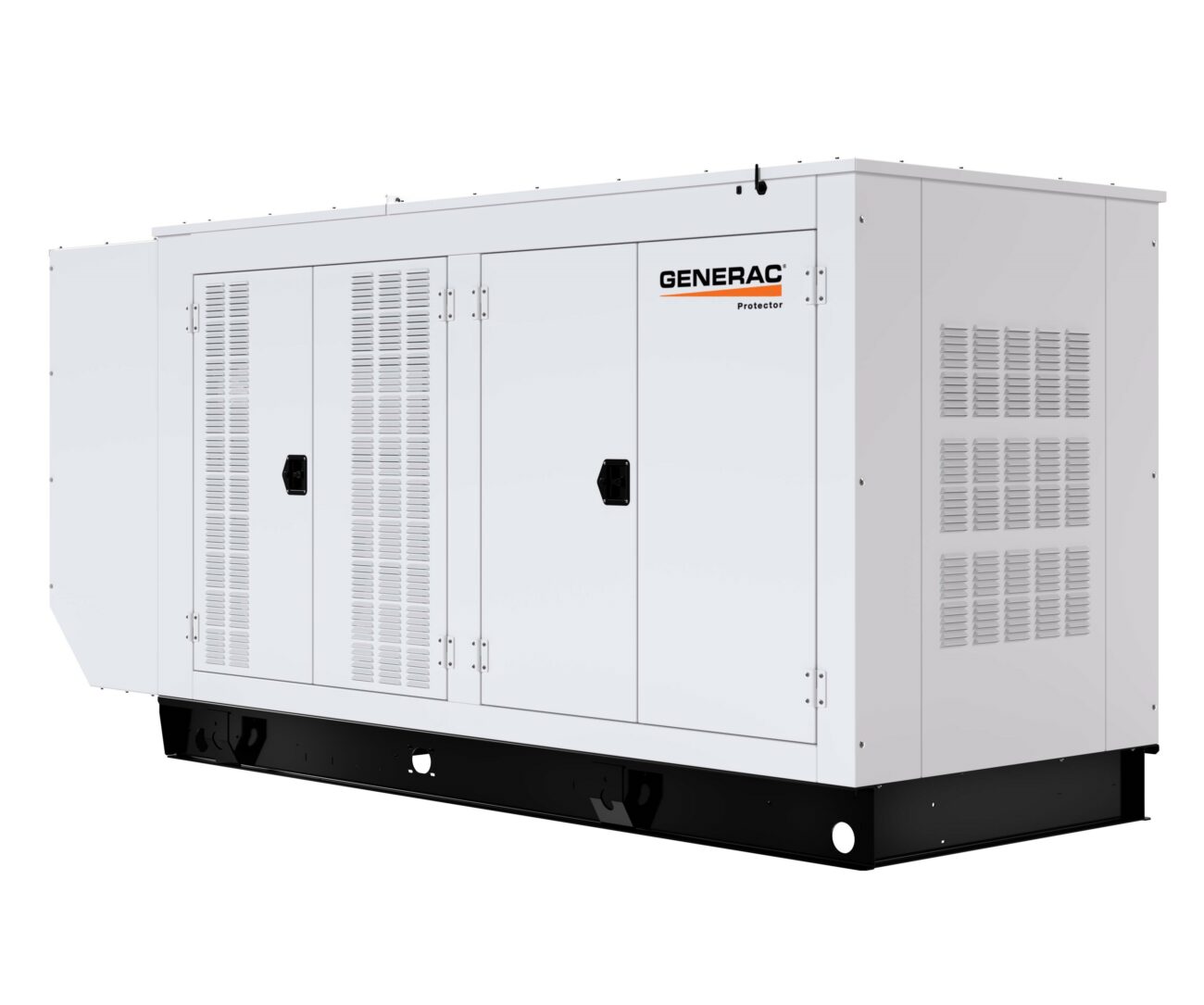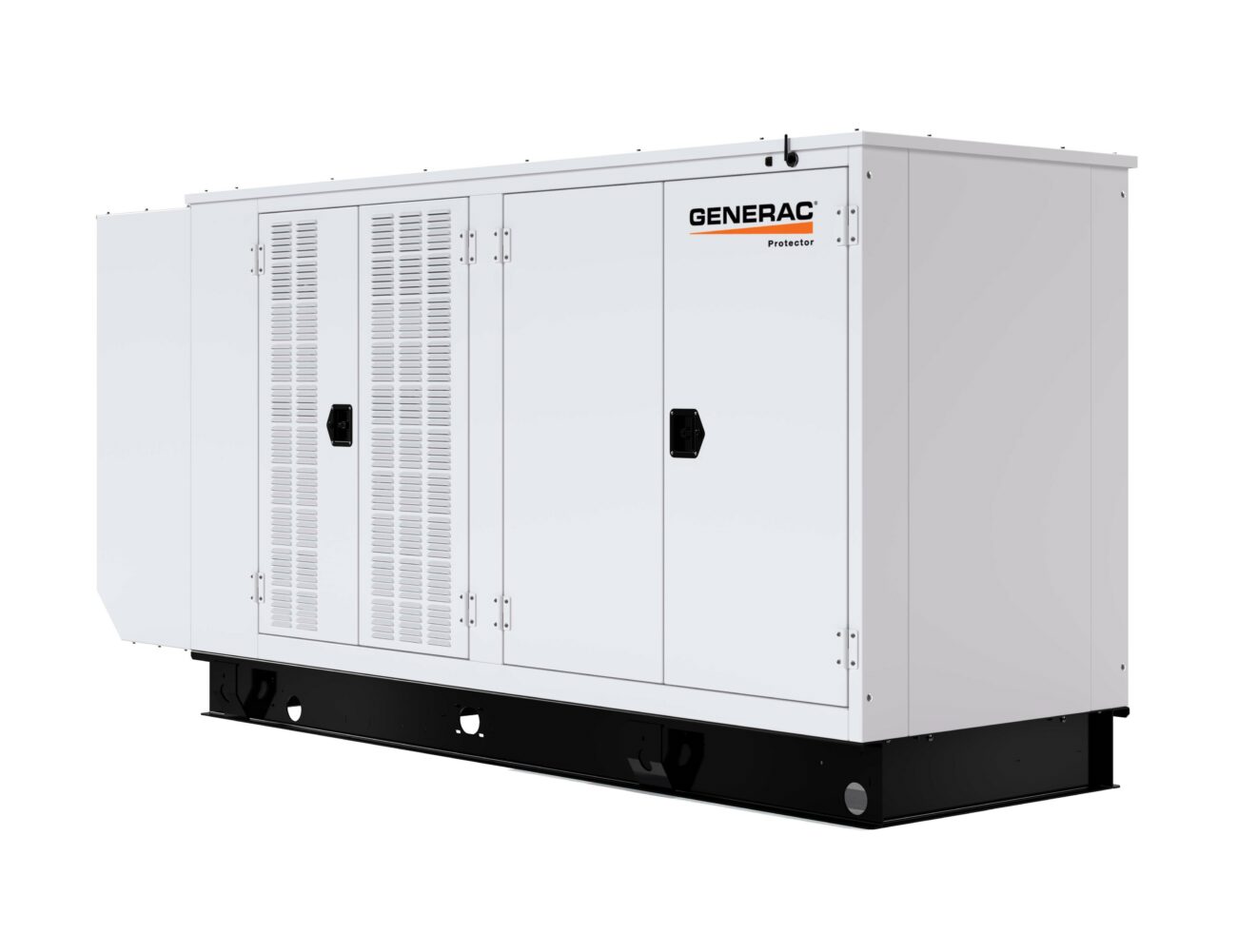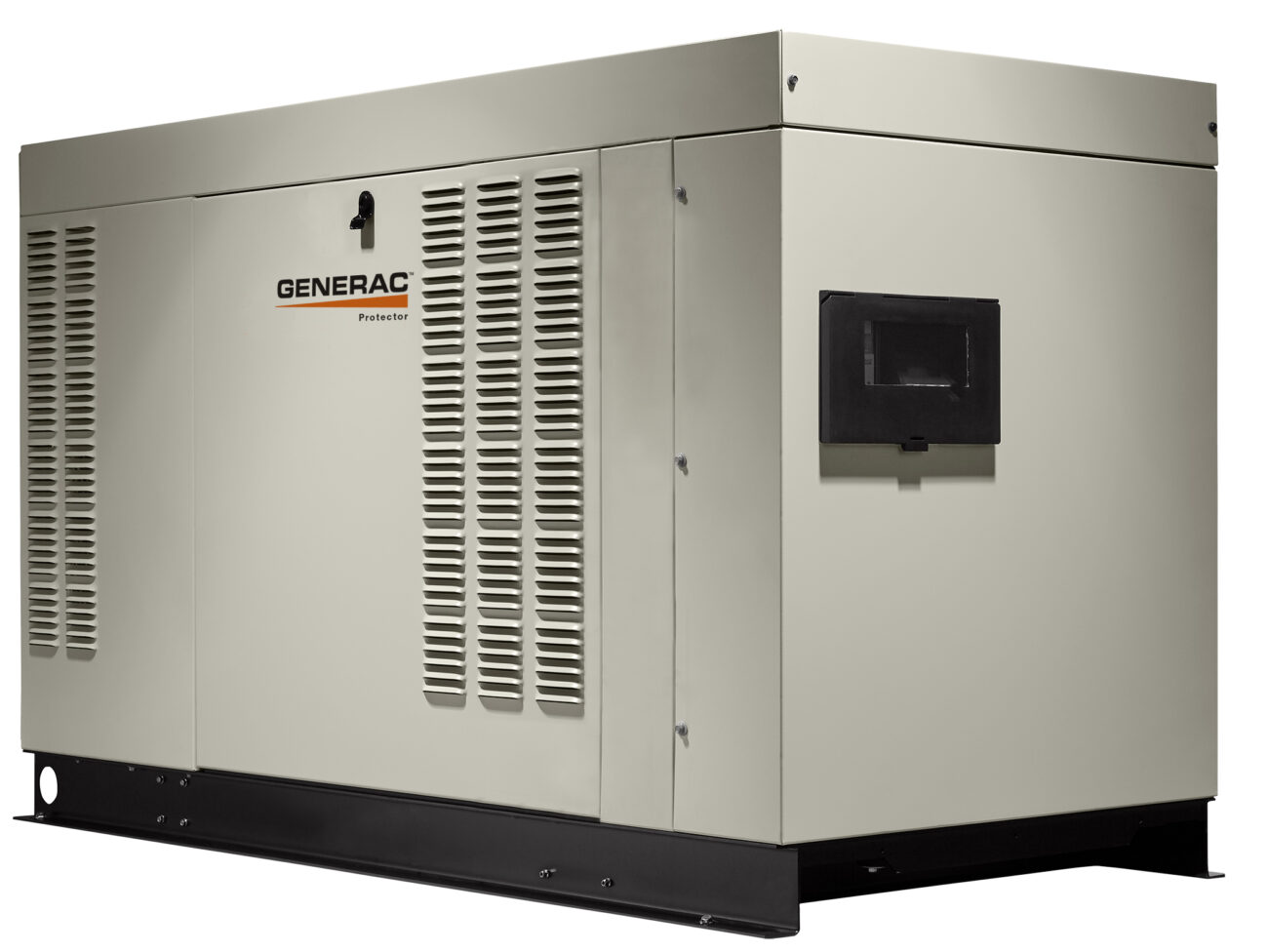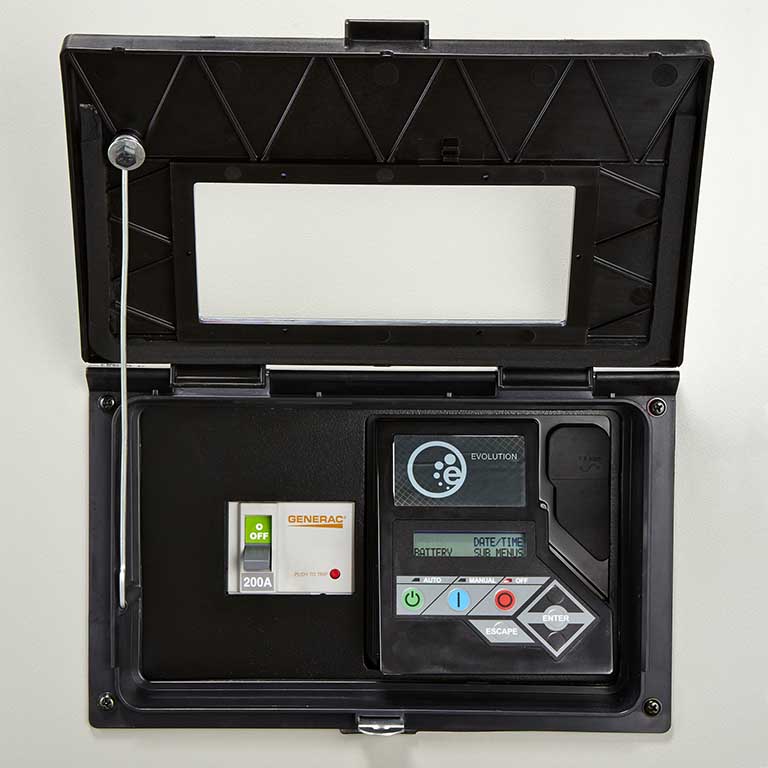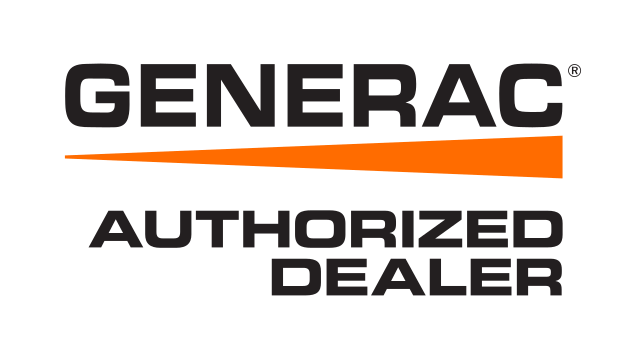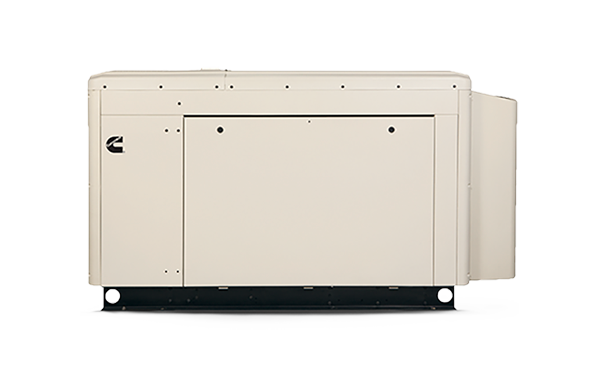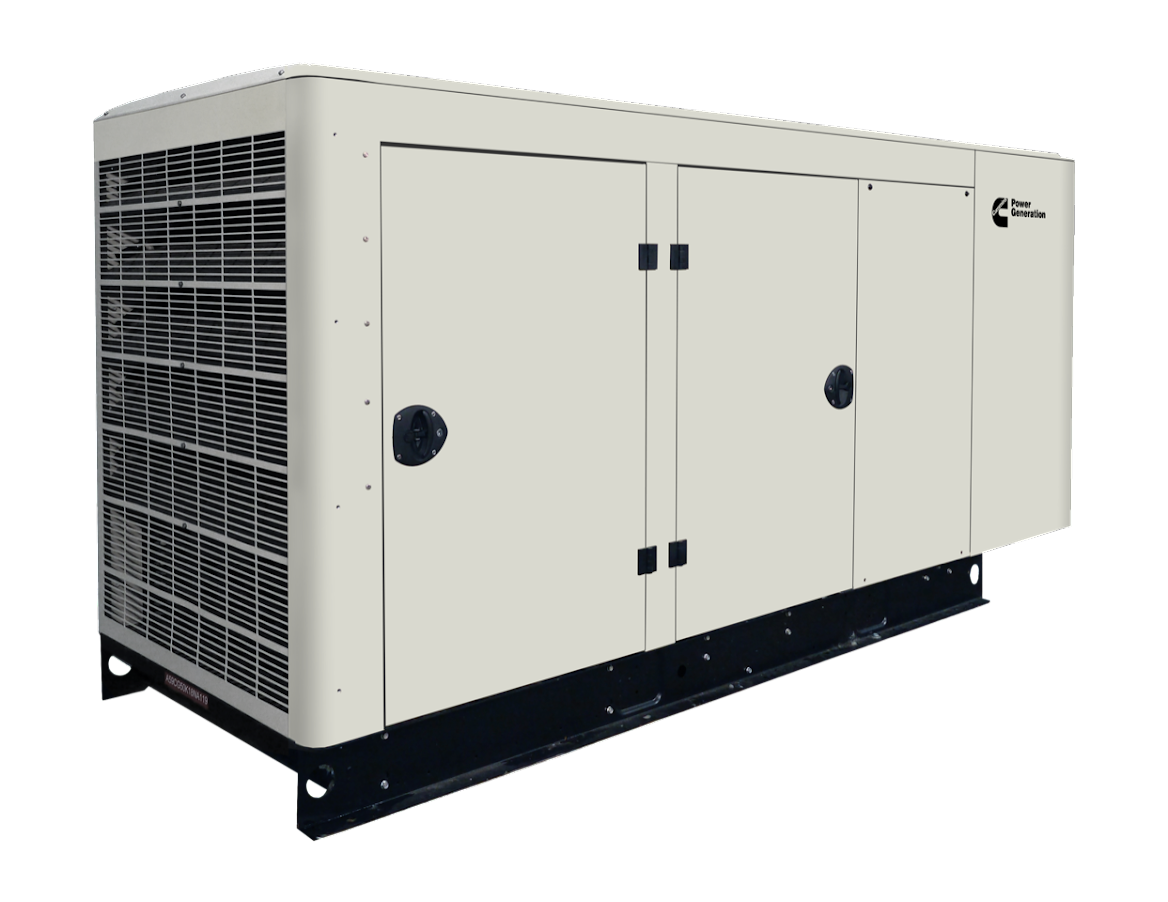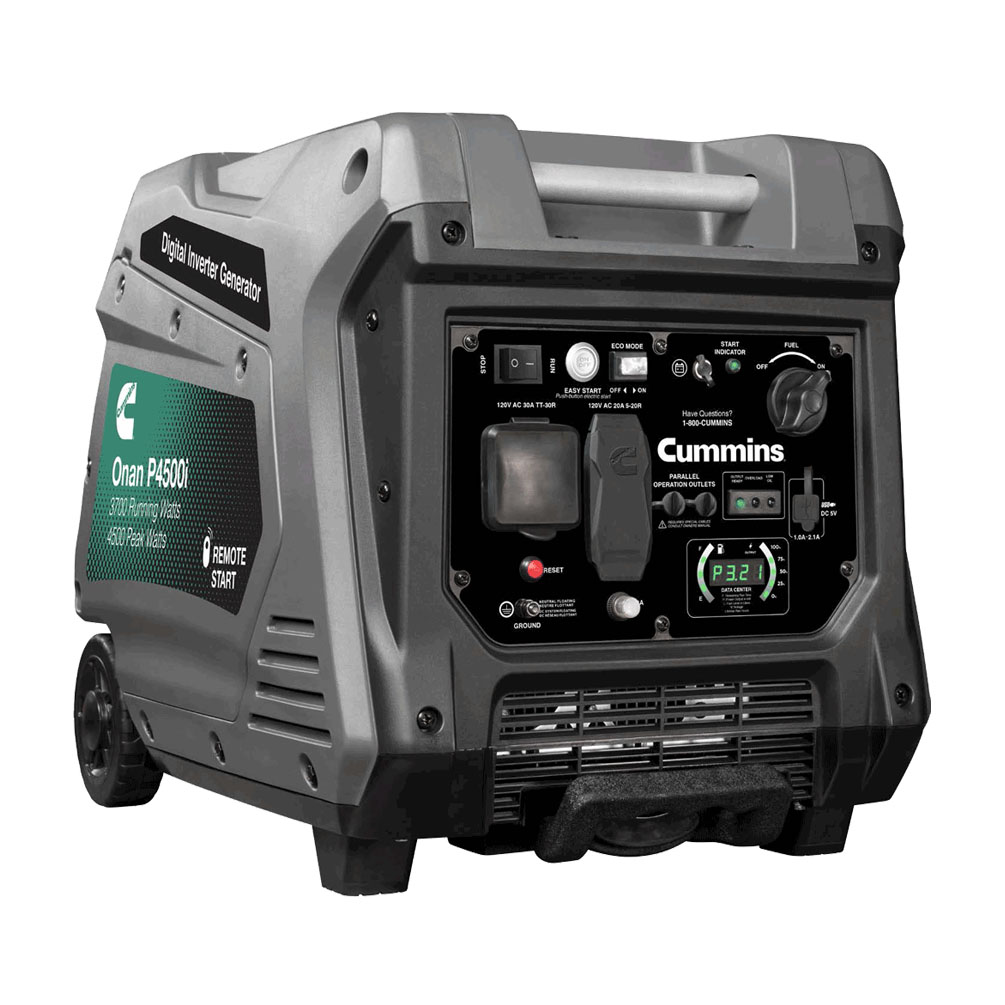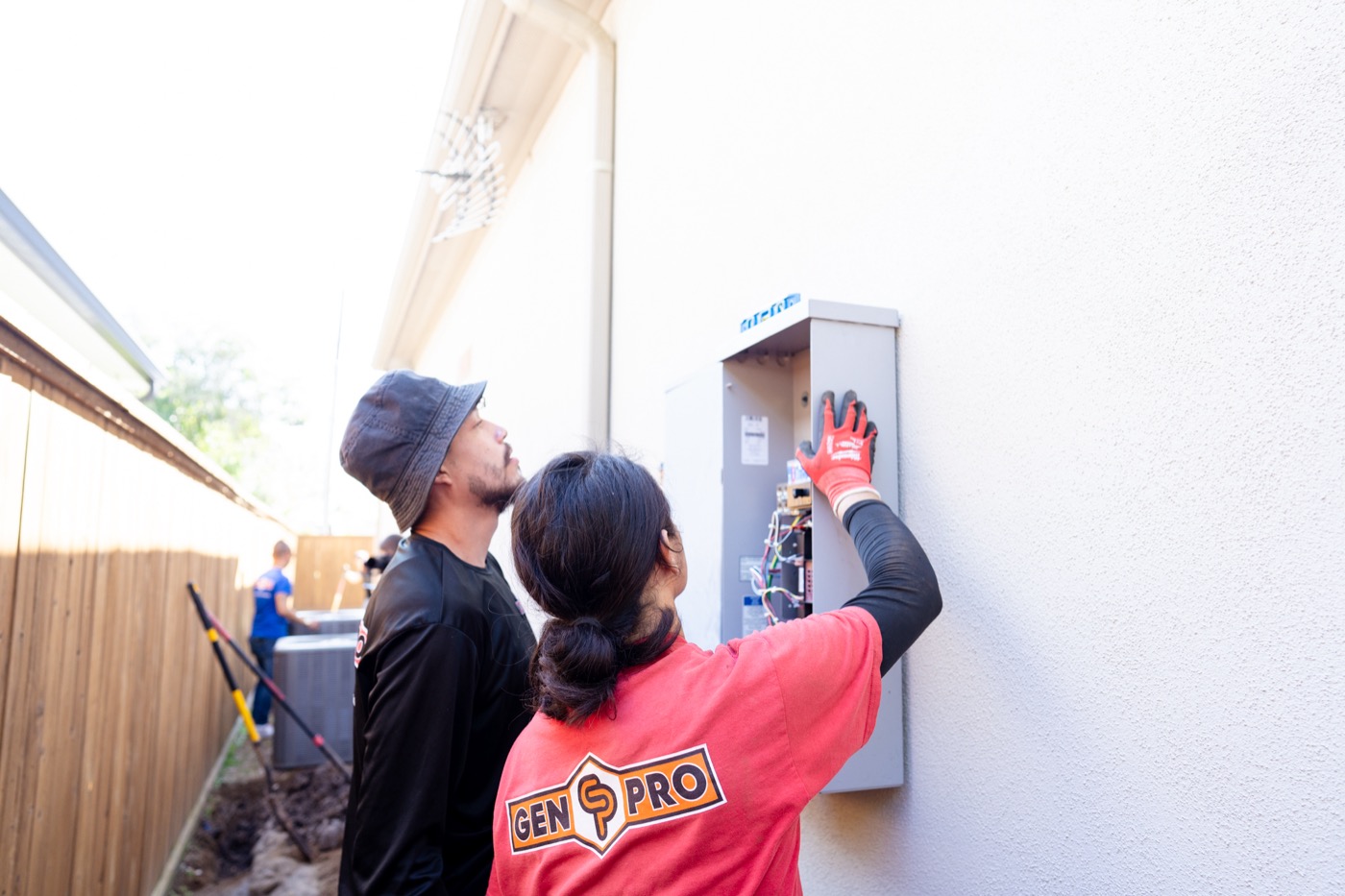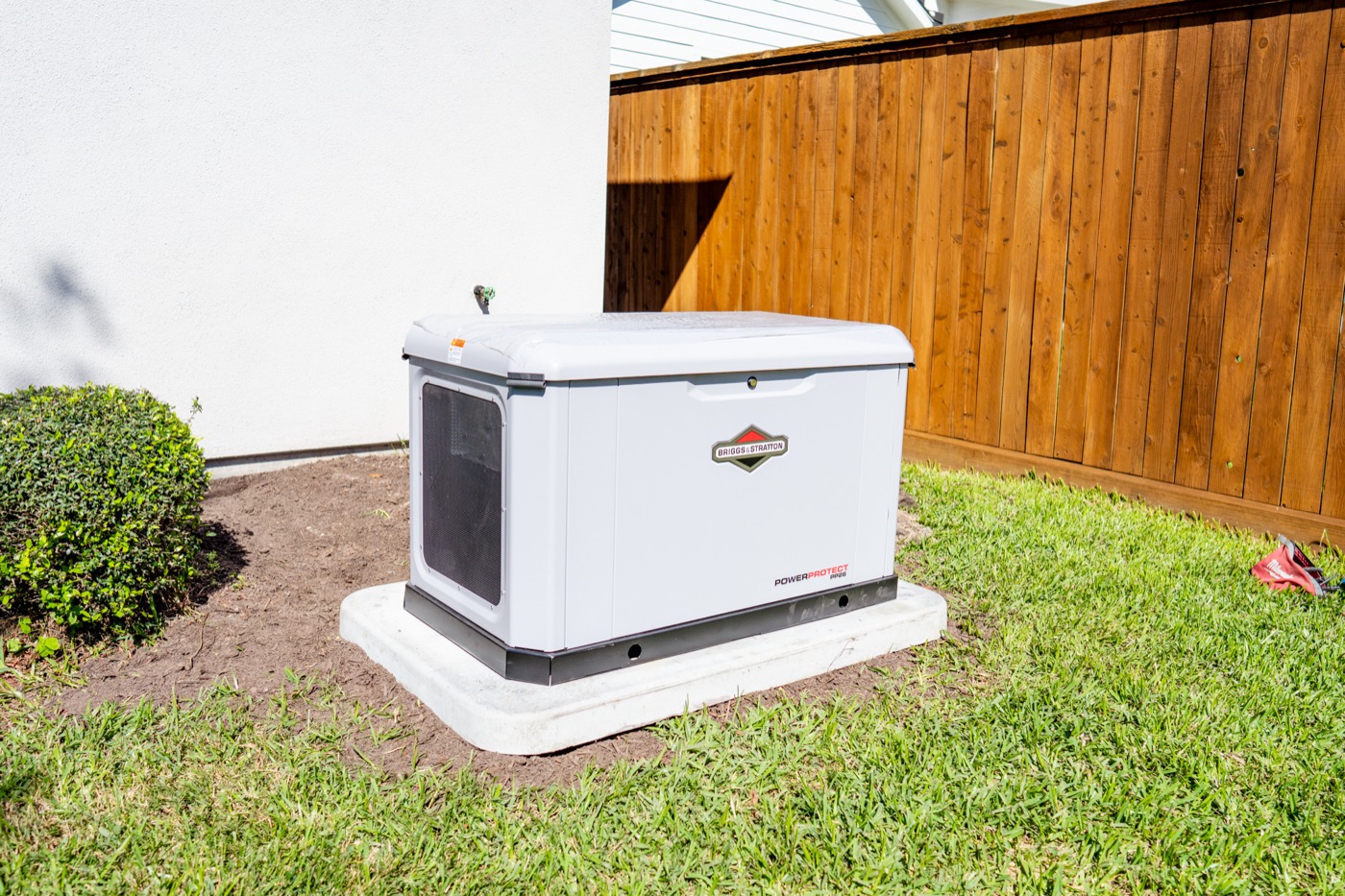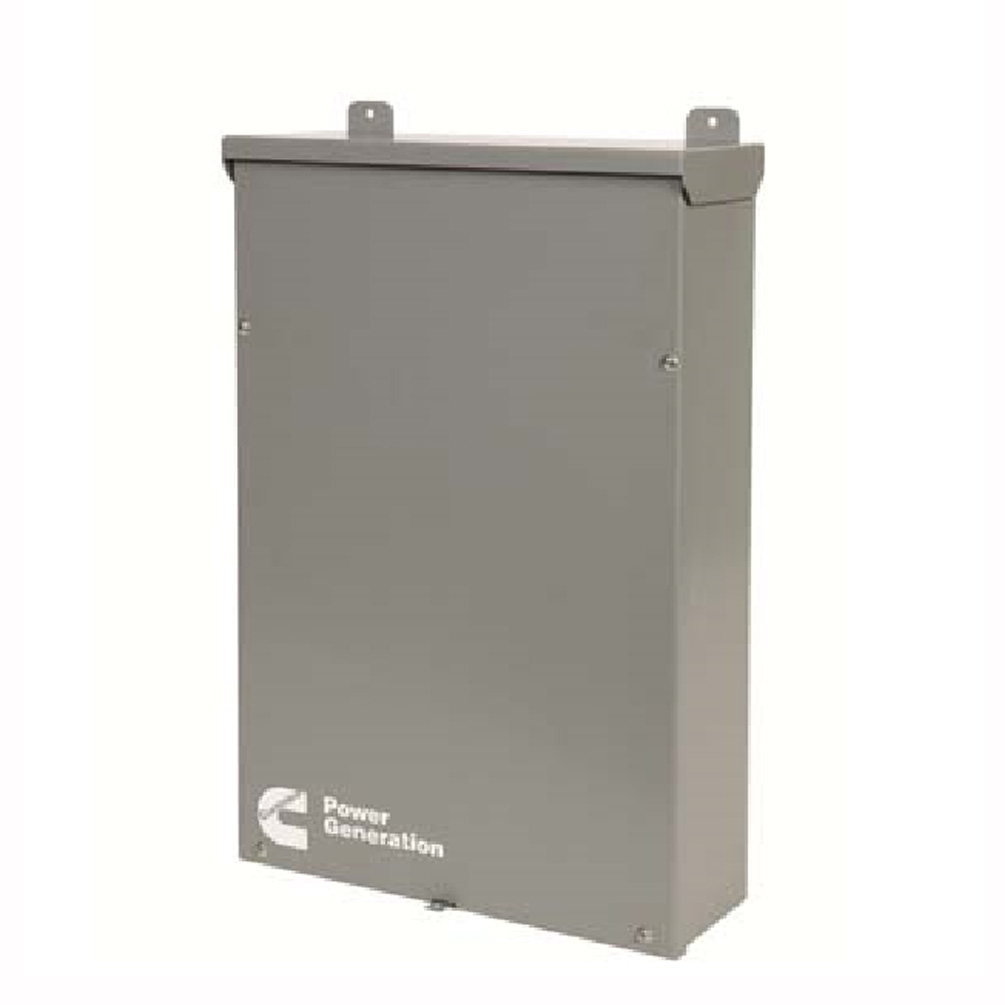Generac Protector 150kW

5-Year Limited Warranty – Consistent with the Protector Series lineup, 5-year limited warranty is standard
True Power™ Technology delivers best-in-class power quality with less than 5 percent total harmonic distortion for clean, smooth operation of sensitive electronics and appliances
Tough, Durable All-Aluminum Enclosures: Our RhinoCoat™ powder-coated finish helps make corrosion-resistant aluminum perfect for all weather conditions.
24/7/365 Customer Support Team standing by all day, every day from our headquarters in Wisconsin to answer any questions you might have.
NFPA 110 Compliant
Protector product’s first true commercial application generator. With proper installation, maintenance, and accessory kits the Power Zone 410 controlled generator meets NFPA 110 compliance.
Quiet-Test™ Self-Test Mode runs at a lower RPM for a five- or twelve-minute test, making generators significantly quieter than other brands while consuming less fuel.
Smart, User-Friendly Controls
Generac’s Power Zone 410 controller is easily accessible, multi-lingual, and offers a full system status and protection. The modern graphical display comes standard with a heater to keep moisture away from the electronics, an onboard 5A battery charger, and maintains strict power regulation to protect your sensitive electronics.
Generac generators and engines are engineered and built in the USA*.
*Assembled in the USA using domestic and foreign parts
Generac Designed & Built Engine – Purpose-built exclusively for generator use. Engine originally designed and built for Generac Industrial applications.

